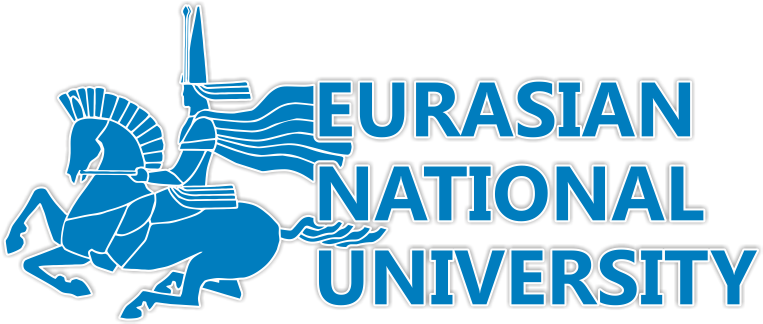Basic Precautions to Protect Against a New Coronavirus Infection
Keep up to date with the latest information on the COVID-19 outbreak, which can be found on the WHO website and also from your country's public health authorities and community. The largest number of COVID-19 cases is still detected in China, while in other countries there are outbreaks of a local nature. In most cases, the disease is characterized by a mild course and ends in recovery, although complications occur. You can protect your health and the health of others by observing the following rules:
Wash your hands regularly
Treat your hands regularly with an alcohol-based product or wash them with soap.
Why is this needed? If a virus is present on the surface of the hands, treating the hands with an alcohol-containing product or washing them with soap will kill it.
Keep your distance in public
Stay at least 1 meter away from people, especially if they have a cough, runny nose, or fever.
Why is this needed? Coughing or sneezing, a person with a respiratory infection, such as 2019-nCoV, spreads tiny drops containing the virus around him. If you are too close to such a person, you can get the virus by inhaling air.
If possible, do not touch your eyes, nose, and mouth.
Why is this needed? Hands touch many surfaces on which the virus may be present. Touching the hands containing the infection to the eyes, nose, or mouth can transfer the virus from the skin of the hands to the body.
Follow Respiratory Hygiene
When coughing and sneezing, cover your mouth and nose with a tissue or bend of your elbow; immediately throw the napkin into the garbage container with a lid and treat your hands with an alcohol-containing antiseptic or wash them with soap and water.
Why is this needed? Covering the mouth and nose with coughing and sneezing helps prevent the spread of viruses and other pathogens. If you cover your nose and mouth with your hand when coughing or sneezing, germs can fall on your hands, and then on objects or people you touch.
If you have a fever, a cough, or difficulty breathing, seek medical attention as soon as possible.
If you have visited areas of China where 2019-nCoV is being registered, or have been in close contact with someone who has symptoms of a respiratory illness after a trip from China, notify your healthcare provider.
Why is this needed? Fever, coughing, and difficulty breathing require immediate medical attention, as they can be caused by a respiratory infection or other serious illness. Symptoms of respiratory damage combined with fever can have a variety of reasons, among which, depending on the patient’s travel and contacts, there may be 2019-nCoV.
Follow the latest information and follow the recommendations of medical specialists
Keep up with the latest information on COVID-19. Follow the recommendations of specialists, central and local public health authorities, as well as the organization in which you work, to protect yourself and others from COVID-19.
Why is this needed? Central and local health authorities have the most up-to-date information on the dynamics of COVID-19 in your area. They can provide the most appropriate personal protective measures for people in your area.


